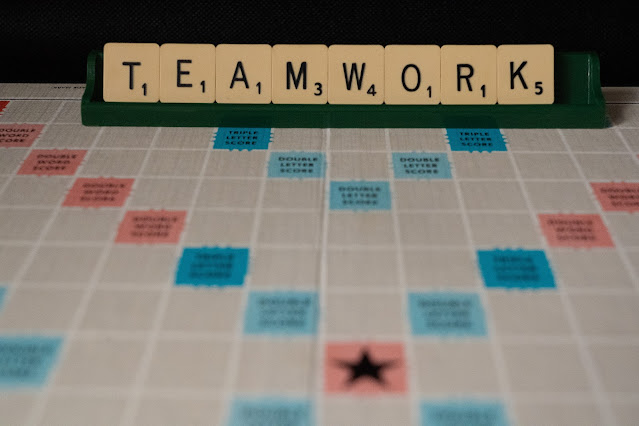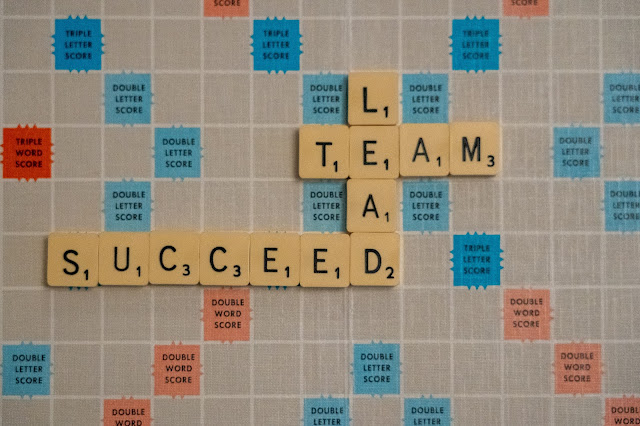Moderating my first panel - Ask an Android Developer
Every month at Android Alliance which I help organize, we have a monthly speaker and a few lightning talks. Someone in the Phillydev Slack group's android-philly channel suggested doing a panel for the June meetup.
I have been a panelist before but this time I wanted to try moderating. To prepare for that, I googled how to be a moderator and found Cate Huston's blog on moderating as well as this book - The Eloquent Woman's Guide to Moderating Panels recommended by Cate. The book is a quick read on moderating panels and has several pointers on how to moderate effectively.
Of course, a panel is only as good as its panelists and moderator. For the panelists, I reached out to Corey, Travis, Nick & Arpit.
Here are some things I set out to do as a moderator:
Set the tone
When we start an event at Android Alliance, we go around and ask everyone to say their name, what they do and a fun fact about themselves. This usually makes it an informal atmosphere and lbreaks the ice quickly. After we did the intros, it was the panel's turn. I introduced myself and then let the panelists introduce themselves but with an extra question added to it - How did they get started in Android? By asking this, every one on the panel was able to state their expertise and how long they had worked in the field.
Stick to a theme
Another suggestion from Denise's book was to use a theme on the panel. In my early draft of possible questions to ask, I touched on comparisons between Android, iOS & Hybrid and several other cross platform topics. Ultimately, I had to pare it down to a simple theme - Android only since this was an Android meetup and most people attending were interested in knowing more about that field.
As a moderator, I also tried to recap as much a possible after a question was asked and before we moved on to a new one. I also asked the panelists to explain acronyms and concepts(MVVM, RxJava, Retrofit) as quickly as possible. By doing this, everyone in the audience had a basic understanding of what we were talking about.Listen to the audience
One of the first questions I asked at the panel were how many people were new to Android versus how many had been working on it for a while either professionally or on the side. Since the split was 50/50, I asked questions that made sense to beginners as well as experts.Be prepared
I always like to be prepared. As Denise mentions in her book, a moderator controls the flow of the panel and has a tougher job than a keynote speaker.
Keeping time is very important for a moderator. Sometimes panelists or audience members would speak too long while answering a question. To make them move on, I used some suggestions from the book which were to interject politely by saying "Let's take this offline", "Let's move on" and by leading the applause to end the panel. By doing this, I was able to ask most of the questions in my list and keep it within an hour. (Shoutout to Corey for suggesting paring down questions to 10 so that we could get through them in an hour)
I also shared questions with the panelists before hand so that they knew what was coming and also added a few hot button topics like "Why fragments?" knowing very well that there were panelists with opposing views.
For those interested, the list of questions I asked are at the end of this post*
Keeping time is very important for a moderator. Sometimes panelists or audience members would speak too long while answering a question. To make them move on, I used some suggestions from the book which were to interject politely by saying "Let's take this offline", "Let's move on" and by leading the applause to end the panel. By doing this, I was able to ask most of the questions in my list and keep it within an hour. (Shoutout to Corey for suggesting paring down questions to 10 so that we could get through them in an hour)
I also shared questions with the panelists before hand so that they knew what was coming and also added a few hot button topics like "Why fragments?" knowing very well that there were panelists with opposing views.
For those interested, the list of questions I asked are at the end of this post*
Have a Code of Conduct
As with any event I organize, I always announce our Code of Conduct and always ask permission before recording or photographing anyone.
Pics or it didn't happen!
 |
Picture credit: Jibreel Powell
|
 |
| Picture credit: Jibreel Powell |
---
Would I do this again?
Absolutely! Overall, the turnout was great (2x more than when we have regular speakers) so I hope to organize another one soon. Also shoutout to all the panelists who agreed to do this at such a short notice.
As with anything new I try, there's always something new to learn.
Some things that could have been better:
- Microphones: I had thought of this earlier but did not have the time or resources to get together in a short period of time. Some people at the back had a hard time hearing the panel.
- Higher chairs or a platform: So that people could see us from where they were sitting.
- Live tweeters: Both of us organizers were busy being part of the panel so we didn't have time to be more active on social media.
- Better lighting: As you can see from the second picture, it was hard for people to take clear pictures of the panel with the sun setting behind us.
Some things that went well:
- Q&A: The audience was very involved in the panel and asked some great questions. Many of them stuck around to ask questions after the panel.
- Opposing views: I'd asked panelists to hold on to their thoughts by sharing questions beforehand so that their true feelings about a polarizing topic would come forth at the panel.
* Questions
Biography
- Everyone has a “how I got started in Android” story. What is yours?
Tools
- What are your frequently used tools and how do you use them?
- A lot of us on this panel have dealt with architecting an app from scratch. Where do you start and what processes, frameworks and libraries do you use?
- What libraries do you use most often?
Beginner
- What should a beginner Android dev learn in your opinion?
Community
- In your opinion, is there a barrier to entry for Android especially for newcomers? How can we be more inclusive as a community?
- How do you as an Android developer contribute to the community?
What’s new
- How do you stay up-to-date with the latest in Android development?
Hot button topics
- Why fragments?
- Some of us on the panel are proponents of Test Driven Development. What is your favorite testing framework and why do you love it?
- Android as we all know is available on several screen sizes. What do you say to people who say Android is fragmented?
- What is your least favorite thing to do in Android?



Comments
Post a Comment